

It doesn't take much longer than an hour to reach the end of Journey, thatgamecompany's recent indie jaunt across the desert. On the surface, it's also a relatively lean game, stripped of all but the most basic interaction methods and never overtly thrusting a story in your face. In its seas of colour and its wordless narrative, it's a fabulous exercise in minimalism. At least, that's how it first appears.
In Journey, you walk, jump and play. You interact with the world by leaping or by singing at it, and you solve the game's few puzzles via experimentation, learning the rules of this land as you exist within it. There are no dramatic characters intoning long, expository dialogue sequences, and you won't find any diary entries bafflingly ripped out in chronological order. You uncover Journey's mystery simply by experiencing it.
An hour isn't long to unfurl the tale of an entire world, especially when much of that time is spent experimenting with its systems, sliding down sand dunes and singing to the co-op buddies who sometimes quietly drop into your game. And yet, Journey is infused with more character, more ideas and more meaning than any other recent release that springs to mind.
So: what does it all mean?
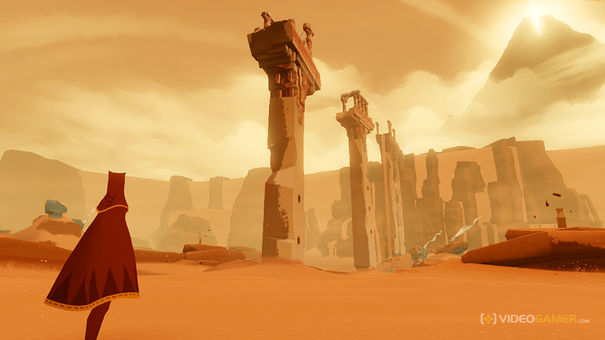
There are lots of theories, of course. It's that way by design. Journey's like a silent movie without any captions, and one in which the action on-screen is always faintly abstract, otherworldly and expressive. Or perhaps it's like a ballet, an aural and kinetic display of ideas, but one where you're not familiar with the source material. You come away with a thousand possible answers, but nothing to confirm your suspicions. You just know it was a hell of a show.
I've heard quite a few of these theories now. They range from the sensible to the surreal, from religious to scientific. I even had a discussion with a friend recently who was absolutely certain that Journey is a game about the nine months between conception and birth: he thought the ducking and diving fabric creatures represented sperm cells, the occasional enemies were threats of miscarriage, and the mountain - with that gaping opening at its peak - was the game's enormous vagina.
For what it's worth, I don't think Journey is a game about sperm and vaginas, but I do think it's a game about life. In fact, I think it's a game about quite a lot of things. I spent a couple of days after finishing Journey thinking about what it could all mean. Each time I came up with a theory, or heard someone else's, it seemed eminently plausible but still didn't quite seem to fit. That lightbulb moment, the one where it all clicks into place, stubbornly refused to arrive.

And then it did, and I settled on the theory I've stuck with. So here goes: Journey is a game about everything.
I do distinctly mean 'everything' rather than 'anything', too. While Journey was clearly intended to have its intricacies discussed and debated, I don't view it as a story without a specific meaning. The reason none of those individual interpretations seemed quite right on their own is because they function as part of a much larger picture - a microcosm of an entire universe, its past, its present and its future.
The most obvious of Journey's strands is the story of a civilisation, one that was built up from nothing but ultimately collapsed, leaving the starkly ruined landscape you see before you. This story is the one told in the abstractly animated cutscenes that bookend each chapter - the beautiful mural that scratches and paints itself as you watch, its symbols slowly growing into something more recognisable.
Why did this civilisation grow so huge, and why did it ultimately fail? These answers prove more elusive. We see what appears to be electricity flowing through a city's veins, and it seems to be brought to its knees by explosive blasts. There are hints at scientific advancement, and of war, which would make perfect sense given the content explored in the rest of the game.
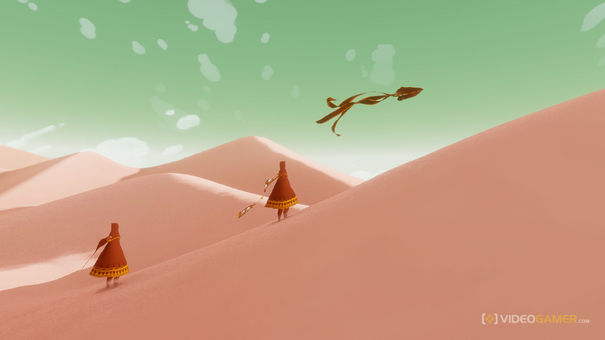
There are very obvious religious overtones. At times the symbolism is enormous, with spiritual apparitions, Middle Eastern architecture and, in the game's closing moments, a joyous take on the rapture that sees you rise from your body, through the snow-filled clouds and into the beautiful blue skies above. After lingering on your dying moments for an uncomfortable length of time, Journey shakes things up, and the game turns out not to end with your death, but with your incredible reincarnation.
But while Journey is a game about religion, it's also a game about science. One of its other major themes is evolution: it's about species adapting to their environment, growing and changing, gaining new abilities as they fight for survival. This is the case with your own character - you begin the game without the ability to jump, and the distance you may do so develops over time, allowing you to rise to Journey's challenges. By the end, you find yourself in a place where the conditions are radically different - a blizzard-filled mountainous region, instead of a baking desert - and natural selection ostensibly writes you out of the story.
There are other visual cues to evolution, too. It might sound strange, but it's the fabric that's key. It begins as floating particles whose only ability is to increase the length of your own scarf. By the end they've become enormous floating dragons that transport you around the world, or coral-like formations that boost you skywards, allowing you access to areas you'd otherwise be unable to reach.
Journey is a game that operates on a macro and micro level simultaneously. So, while it's a game about evolution, it's also a game about simply growing up. You don't understand Journey's world when you first arrive in it. You learn by experimenting, by playing, and with the gentle guidance of others whom you don't always fully understand.

As you progress, you begin to understand them better. You meet more people. They all have slightly different ways of communicating - always through sound and movement, but in idiosyncratic styles - and you learn to recognise patterns. Meet someone late on in the game and you'll likely find yourself communicating effortlessly, guiding new players around the world or being tempted towards hidden secrets by more experienced journeyers. You've learnt the communication systems of this world. It's a game about language acquisition.
And it's a game, perhaps most significantly, about the inevitability that life will follow its own path. Of course Journey's society fell: it was inhabited by living, sentient beings, with all the flaws that come with such an existence. But along the way it birthed culture, and belief, and wonderful technology, the remnants of which you can see scattered around the retrospective showcase you experience as you jump, slide and glide your way through the game.
I might be wrong, naturally, but I hope I'm not - because I haven't played many games that tackle such a range of huge topics with this majestic confidence. Come to think of it, I haven't seen many films, or read many novels, for which I could say that either.
For something so starkly minimalist in its presentation, and a game without any dialogue, Journey is an extraordinary achievement: a game about life and death, and a tale that's both personal and vast in its scope. It's the story of existence, the enormous number of ways we interpret our lives, and the ways in which we react to those beliefs. Not bad for an hour-long game in which all you do is walk, jump and play.
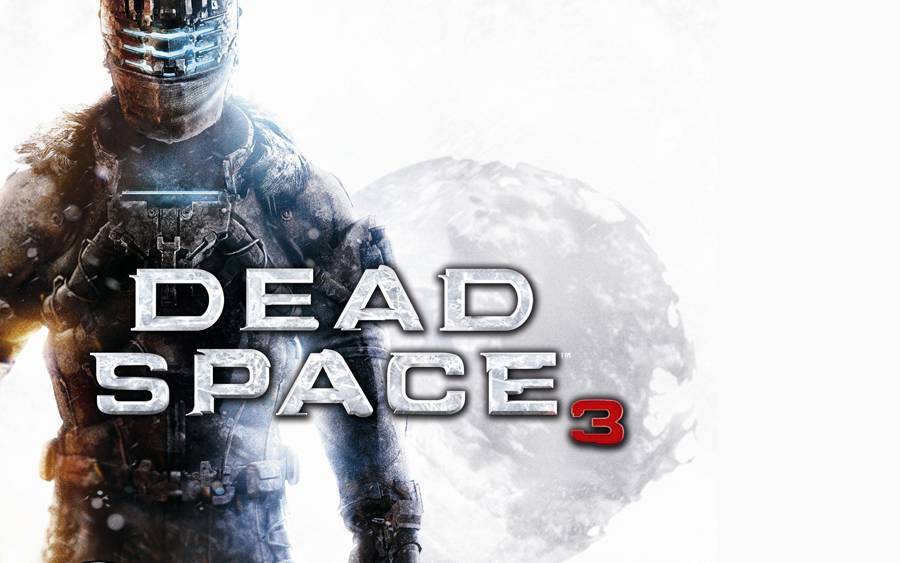


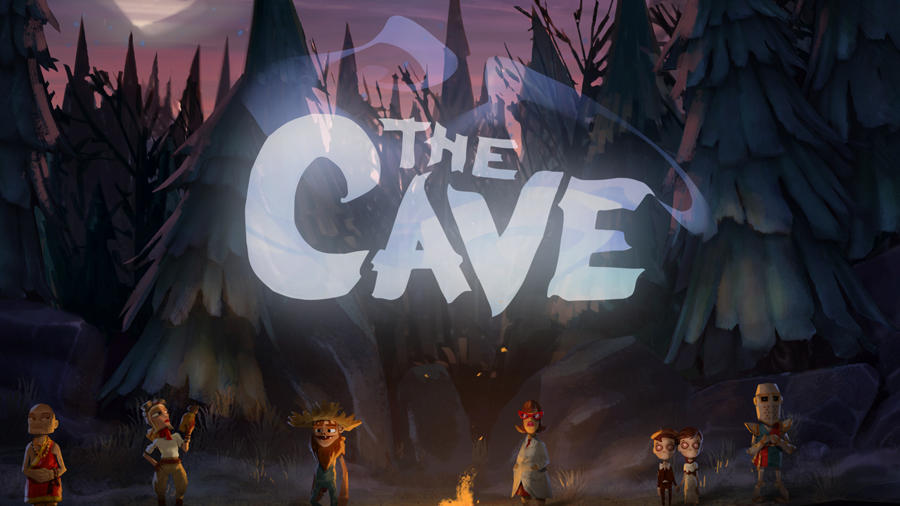
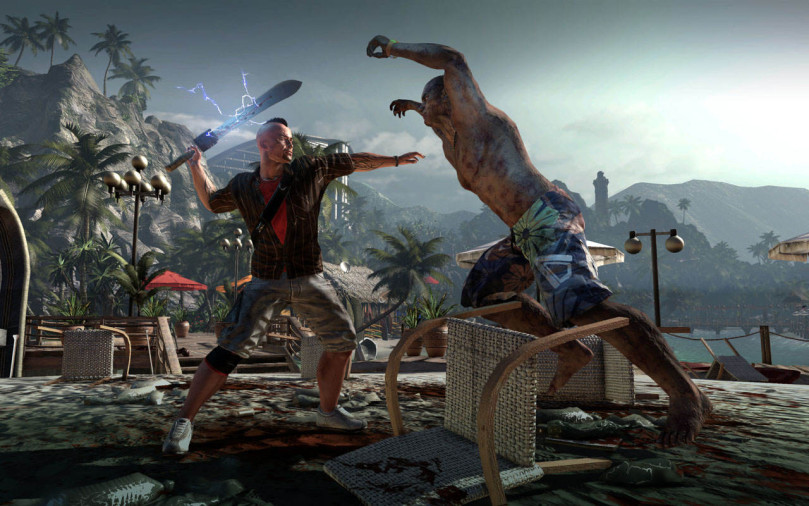 Dead Island Jungle Side Quest Guide
Dead Island Jungle Side Quest Guide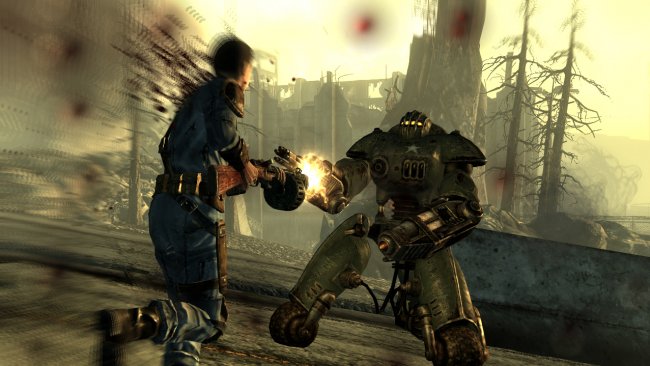 Haggard Beauty: Fallout 3
Haggard Beauty: Fallout 3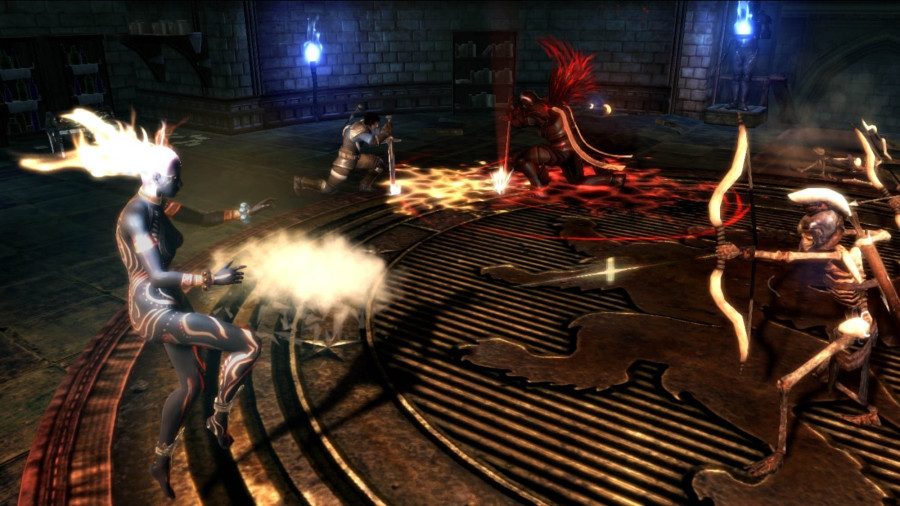 Dungeon Siege 3: How To Beat Warbeast
Dungeon Siege 3: How To Beat Warbeast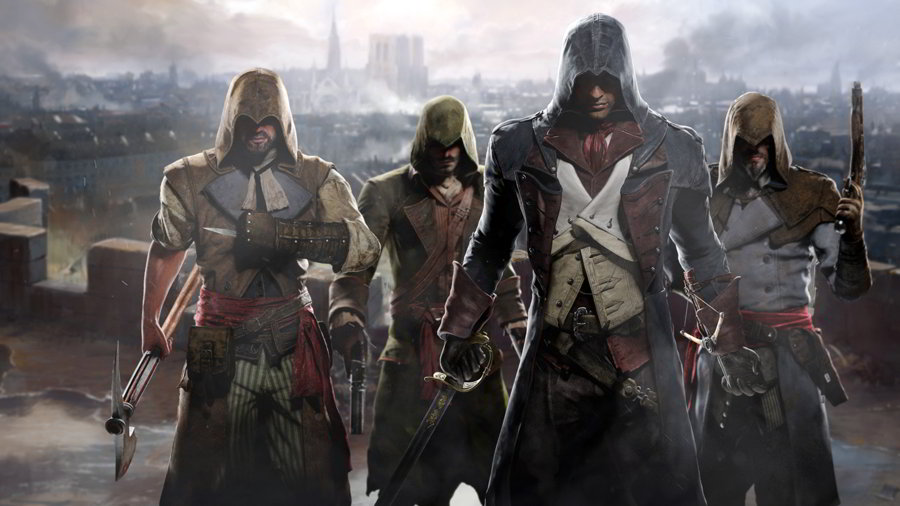 Assassin's Creed Unity Weapon Unlockables Guide - How To Unlock All Weapons
Assassin's Creed Unity Weapon Unlockables Guide - How To Unlock All Weapons Destiny: 16 essential weapons for PvE
Destiny: 16 essential weapons for PvE